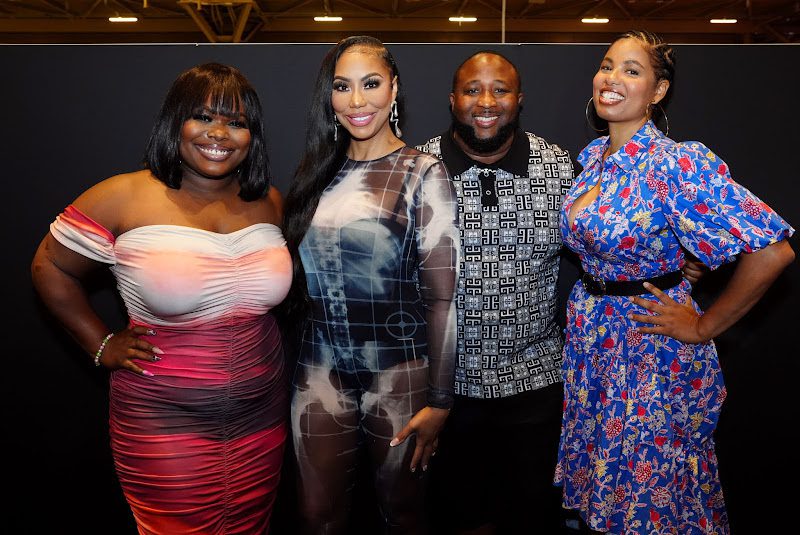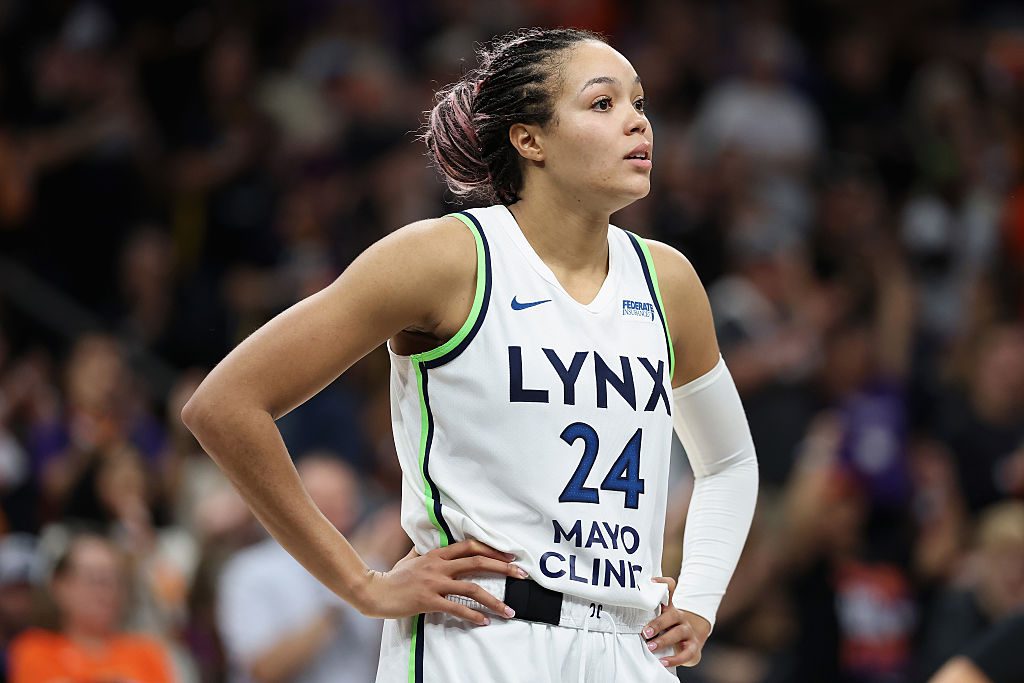While overall unemployment in the U.S. has remained steady in recent months, Black women are facing a troubling reversal. According to the Bureau of Labor Statistics, they are the only demographic to experience a rise in unemployment this year. Read more about how Black women are noticing a rise in unemployment.
This is an unsettling trend that many experts warn may signal broader economic trouble ahead. Data shows that Black women’s unemployment rate has climbed from 5.1 percent earlier this year to 6.2 percent in May, before dropping slightly to 5.8 percent in June, as reported by The 19th News. In comparison, White and Asian women have held steady at around 3 percent, and Latinx women hover near 5 percent. This contrast points to systemic issues that disproportionately impact Black women in the workforce.
Blavity reports that one of the most persistent challenges is that Black women tend to remain unemployed for longer than other groups. On average, they spend more than six months jobless before landing a new position. These gaps not only stall individual economic mobility but also signal cracks in the job market at large.
“Black workers, and particularly Black women, show up as a canary in the coal mine, giving a picture of what may happen to everyone else later,” said Jessica Fulton, senior fellow at the Joint Center for Political and Economic Studies, to Blavity.
Experts also cite the possibility of looming recession indicators, as well as tangible effects from federal job cuts under the Trump administration. Layoffs have hit hard in departments where Black women made up a significant share of the workforce. For instance, 28 percent of the Department of Education’s workforce was made up of Black women, according to ProPublica. As budgets shrink and diversity, equity, and inclusion (DEI) roles are eliminated, so were countless jobs held by Black women.
Kate Bahn, chief economist at the Institute for Women’s Policy Research, highlighted the double bind: “Black women are overrepresented among those jobs, but somehow, that’s still not enough to overcome the bigger structural barriers.” Jasmine Tucker, VP of Research at the National Women’s Law Center, emphasized the urgency: “This is the backbone of our economy. We have cause to be concerned.”
Comment your thoughts on the rise in unemployment amongst Black women.







